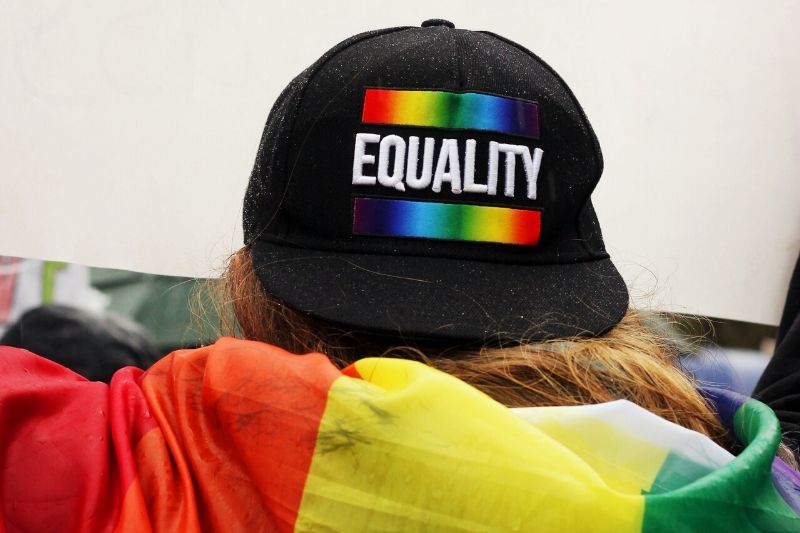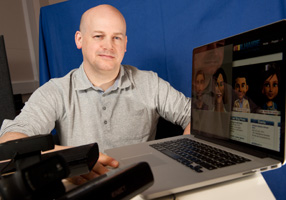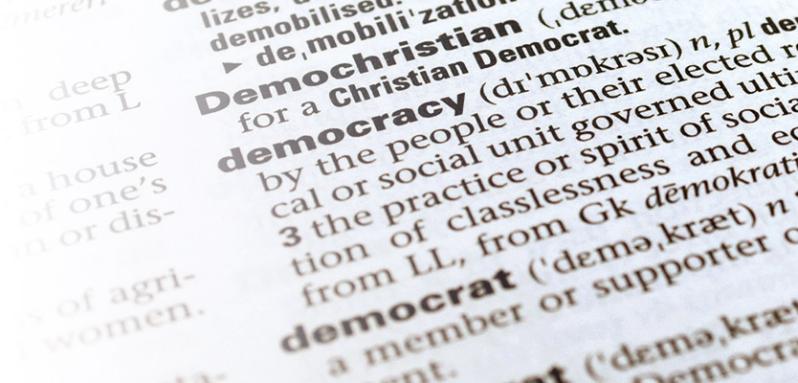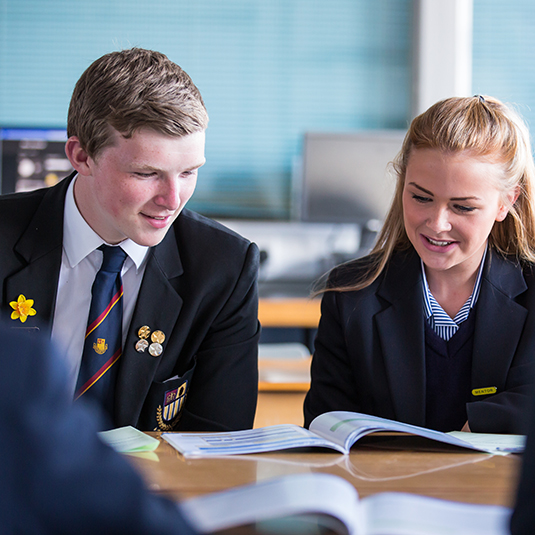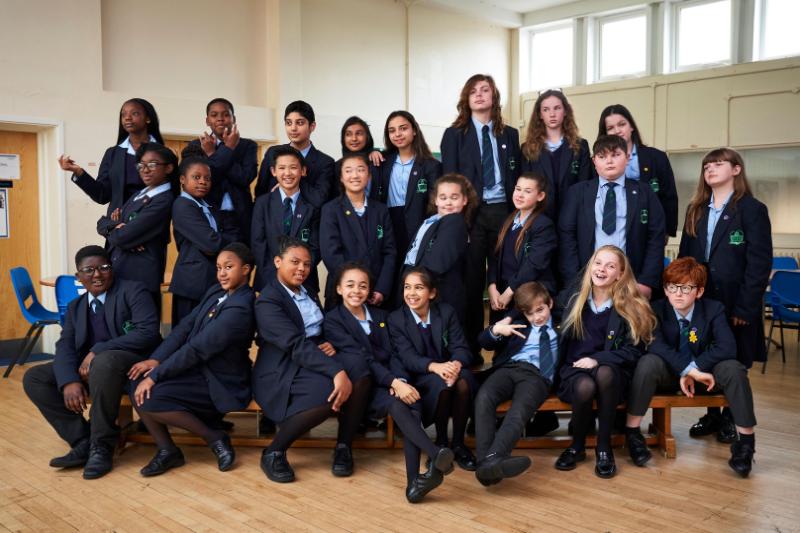Social Psychology
Our Research Group
Social Psychology @ Queen’s is a large and diverse yet cohesive research area in the school comprised of three independent, but highly interconnected, sub-groups.
We believe that having time, space, and a positive working environment imbued with kindness, respect and intolerance of abuse, and promotes diversity and inclusion, provides the best possible opportunity to produce high quality internationally recognised research. Our aim is to achieve such research through meaningful collaboration, both within the social psychology research group, in the wider school and university, and research labs nationally and internationally and through collaboration and co-creation with relevant outside organisations and user groups.
Our Research Areas
We have 2 research areas within social psychology: Centre for Identity and Intergroup Relations and Social Interaction:
The Centre for Identity and Intergroup Relations aims to advance the academic and public understanding of some of the key challenges facing individuals, groups and societies, from the perspective of social and political psychology. Our research focuses on the role of identity in explaining attitudes and behaviour, and examines intergroup relations in a variety of contexts both within and beyond Northern Ireland.
The Social Interactions research analyses daily interactions and how they are guided by various social signals including speech, body movements, facial expressions, and nonverbal vocalisations. Helped by the latest technologies we aim to investigate empathy, gossip, laughter, facial expressions, interactions between groups, and human factors in cybersecurity.
Click below to find out more and view our Staff, Researchers and PhD students working in each research area.

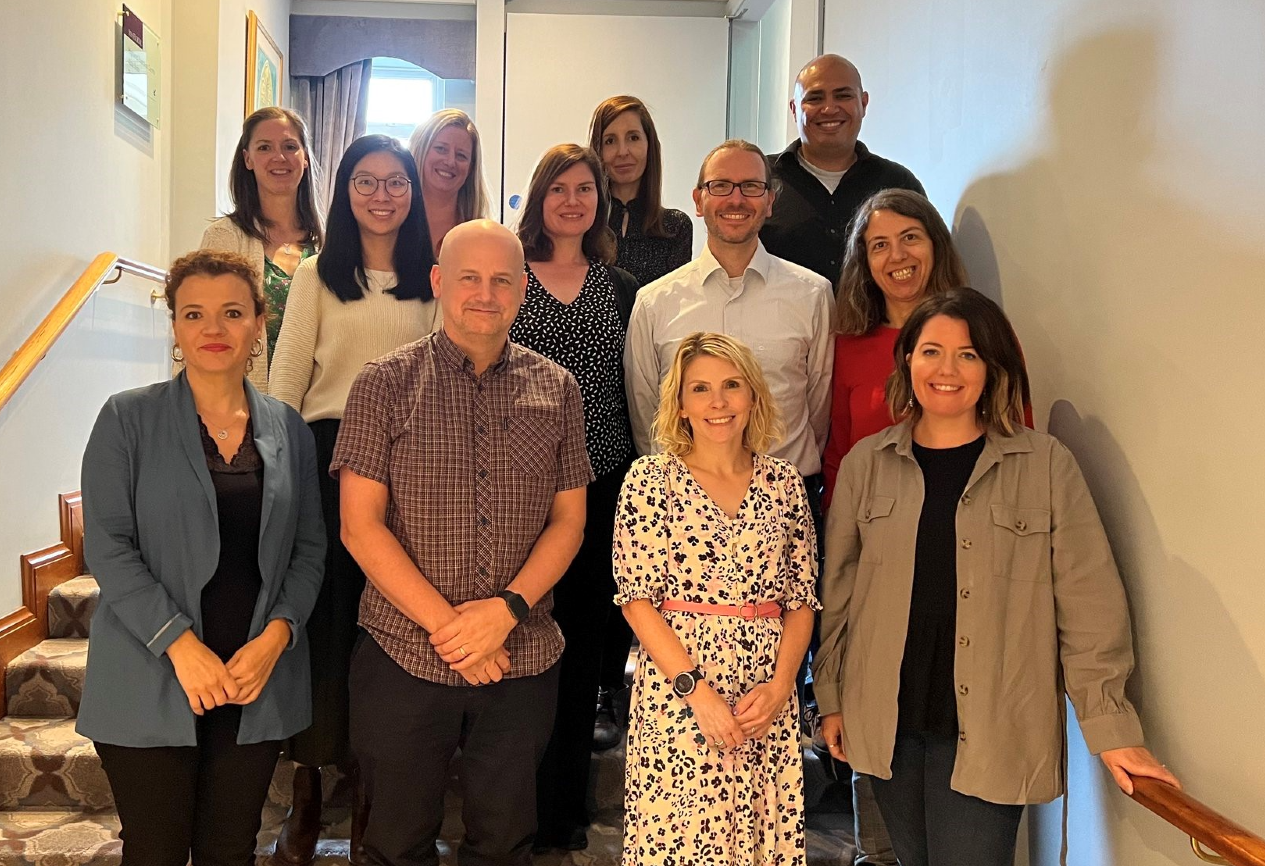

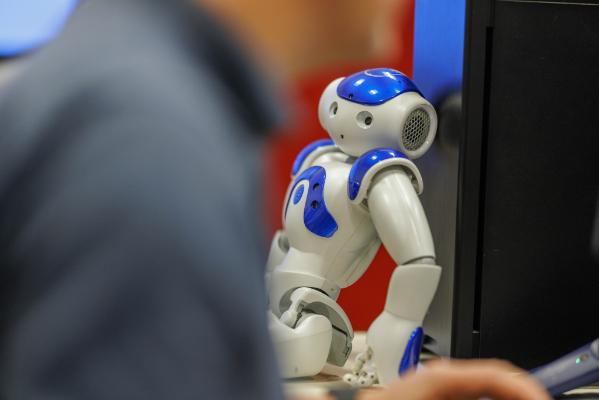
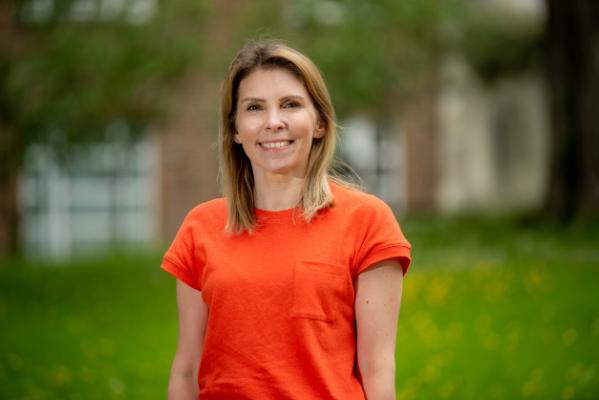
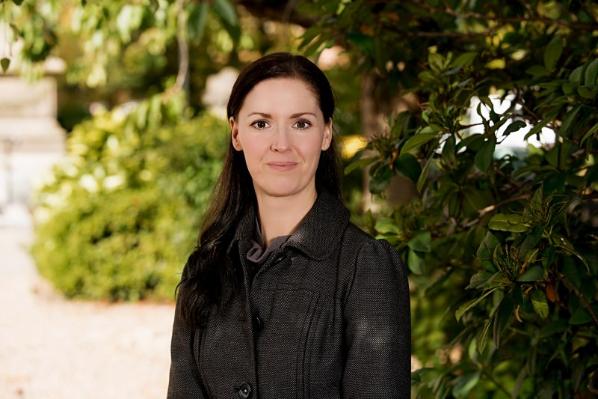
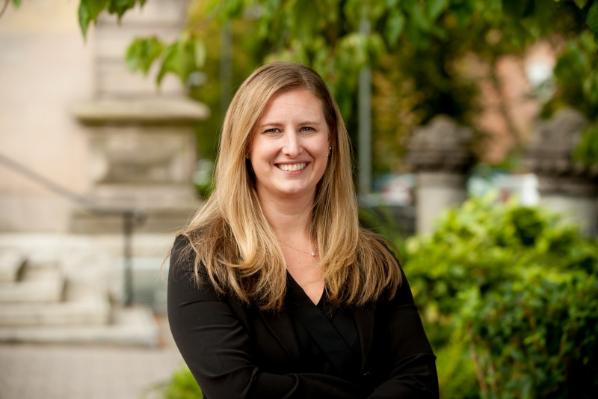
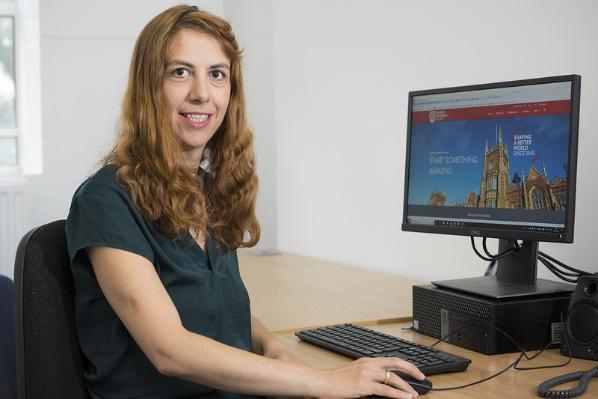
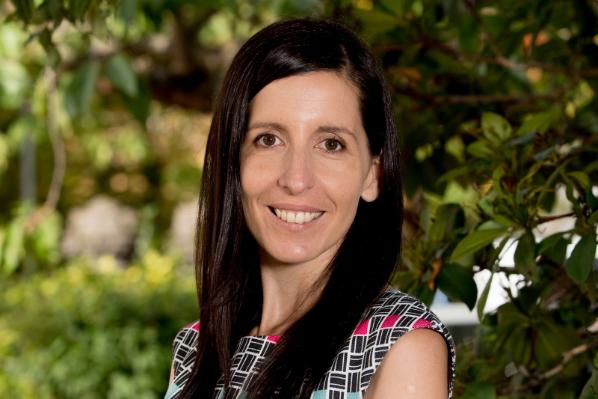
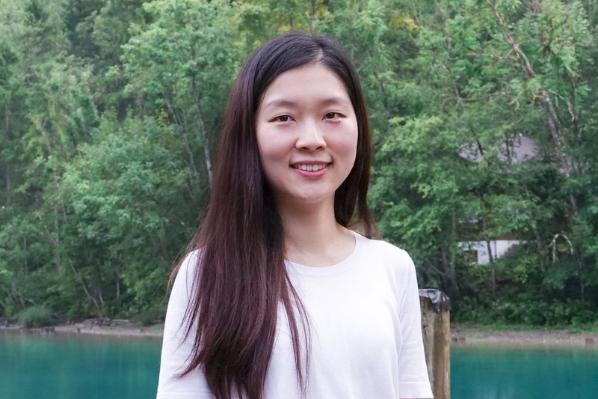
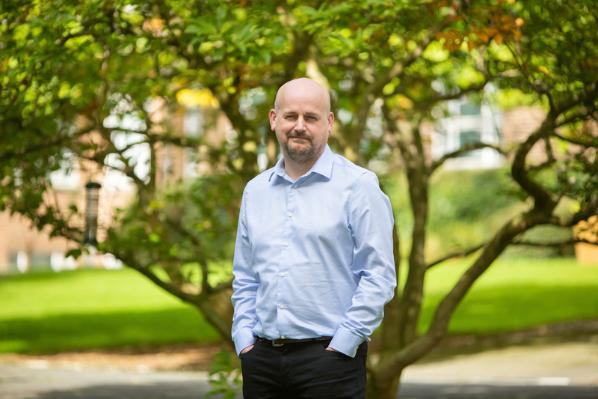
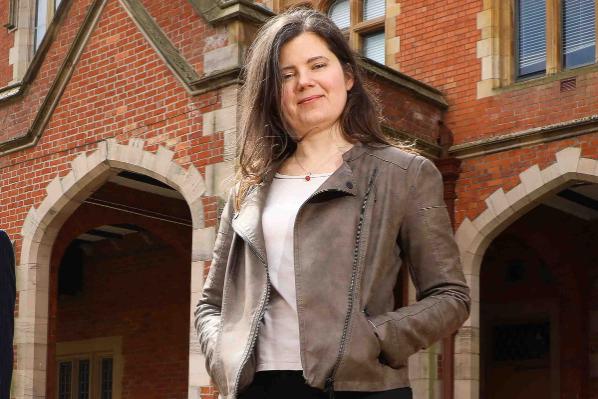
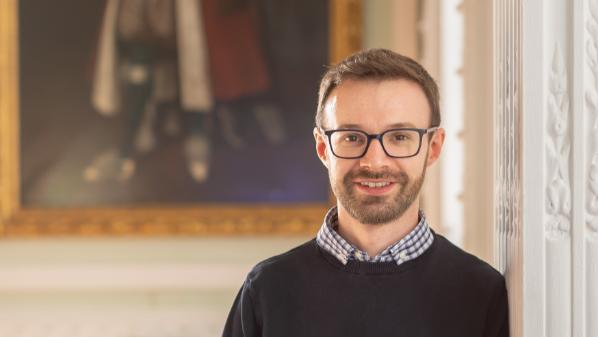
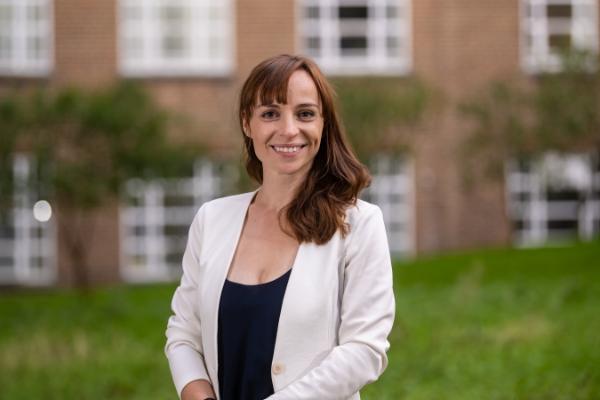
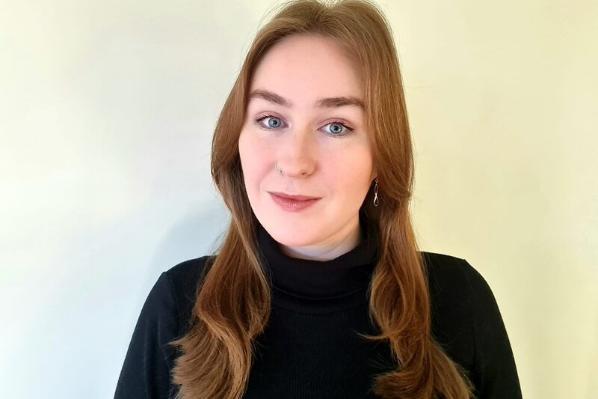
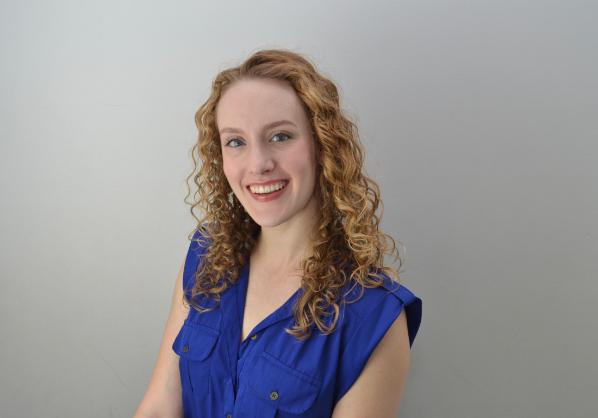
-600x399.jpg)
